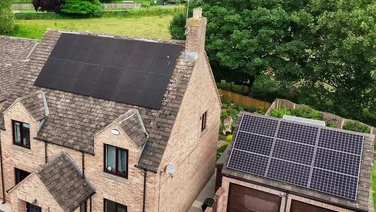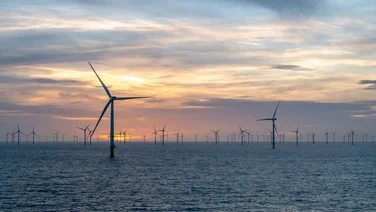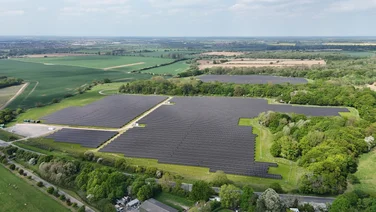We receive a small fee from trusted installers when you request a quote through our site. This helps us keep our content independent, well-researched and up to date – Learn more
- Department of Energy Security and Net Zero pledges extra £50 million for BUS
- MCS says move demonstrates rising demand for heat pumps
- Ireland drops VAT on heat pumps in boog boost for renewables

The government is investing an extra £50 million in the Boiler Upgrade Scheme after surge in demandThe Department of Energy Security and Net Zero has pledged an extra £50 million for the Boiler Upgrade Scheme (BUS) in this financial year to help meet consumer demand.
The extra £50 million brings the total amount for this financial year up to £200 million for the government-run initiative and means Ofgem can “over-allocate” vouchers for the BUS.
Offering up to £7,500 towards the cost of a heat pump, the BUS is designed to help UK households cut their carbon footprint and heating bills by transitioning away from gas boilers.
Earlier this year it was revealed that applications for the BUS had increased by 93% year-on-year in April.
The following month the government said that applicants for the scheme would no longer need to have cavity wall or loft insulation, a move that not only made applying easier but saved approximately £2,500 per household on average.
Since the general election, the Labour government has scrapped the plan to ban gas boilers since 2035 and have instead focused on trying to help households install heat pumps.
Reacting to the extra funds, the MCS Foundation said the extra funds were a “testament to the increasing demand” for BUS vouchers.
Had the funds not been allocated, the BUS would have reached its budget limit and would not have been able to issue any more support for people looking to replace their gas boilers with heat pumps.
Dr Richard Hauxwell-Baldwin, Research and Campaigns Manager for the MCS Foundation, said it would have been a “huge step backwards for the heat pump rollout” if the scheme had been forced to stop.
He added that the new funding would make sure “the momentum continues to grow” for the heat pump rollout.
Renewables boost for Ireland

The Irish government will cut VAT on heat pumps as part of a boost for renewable energy.Heat pumps and low carbon technology generally has also had a boost in Ireland, as the Irish government has reduced the VAT on heat pumps from 13.5% to 9% in its 2025 Budget.
This it says will make it “more affordable for homeowners to switch to efficient electric heating”.
This is the lowest VAT rate allowed under the EU’s VAT directive.
The move is part of the Irish government’s £1.18 billion investment for net zero, the biggest ever amount it has committed to fighting climate change.
It also includes £393.8 million for residential and community energy upgrades, including solar panel installations.
With support from the European Regional Development Fund (ERDF), it has increased its Warmer Homes Scheme budget to £201.6 million, which it says will fund energy upgrades for “low-income households at risk of energy poverty”.






